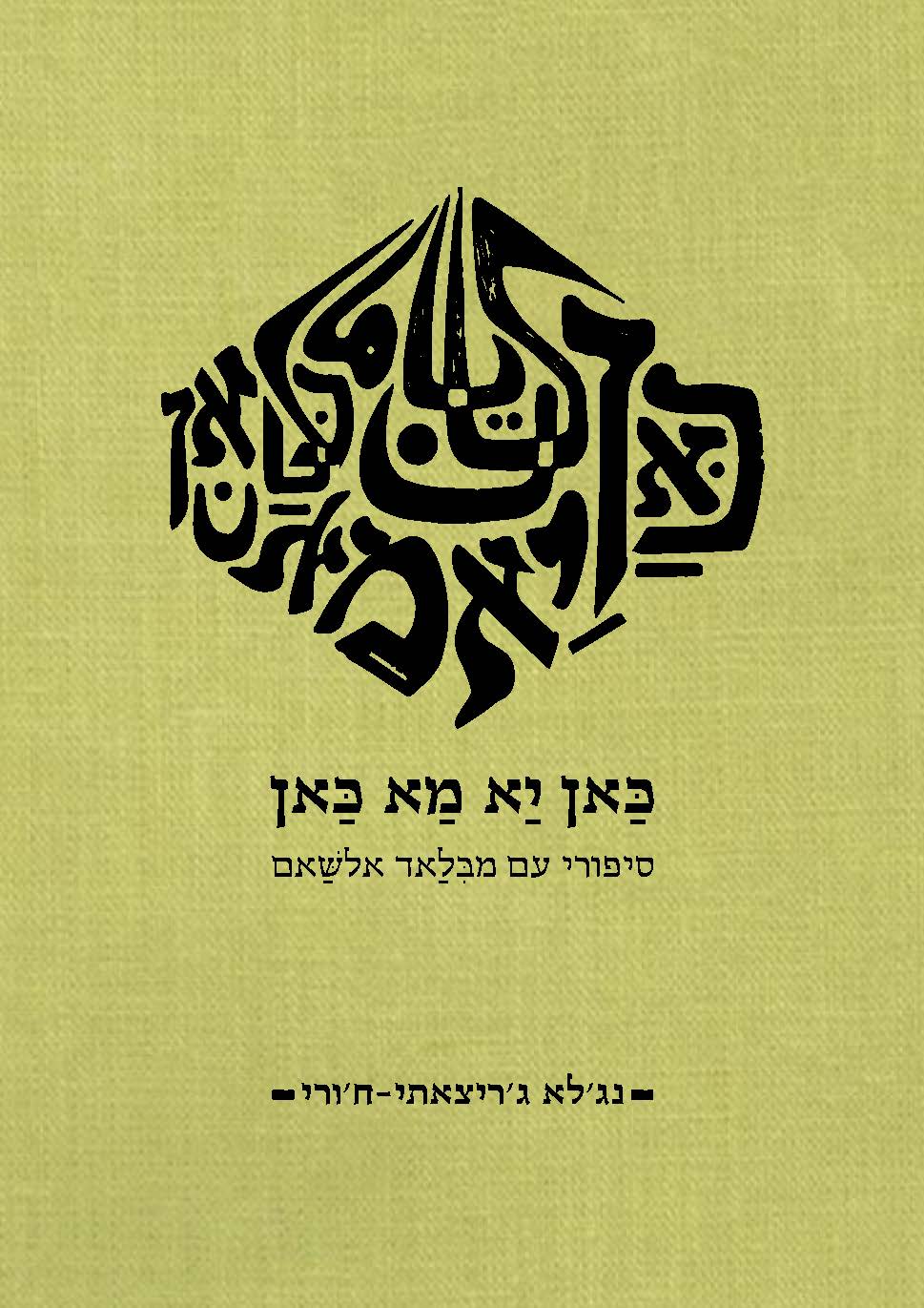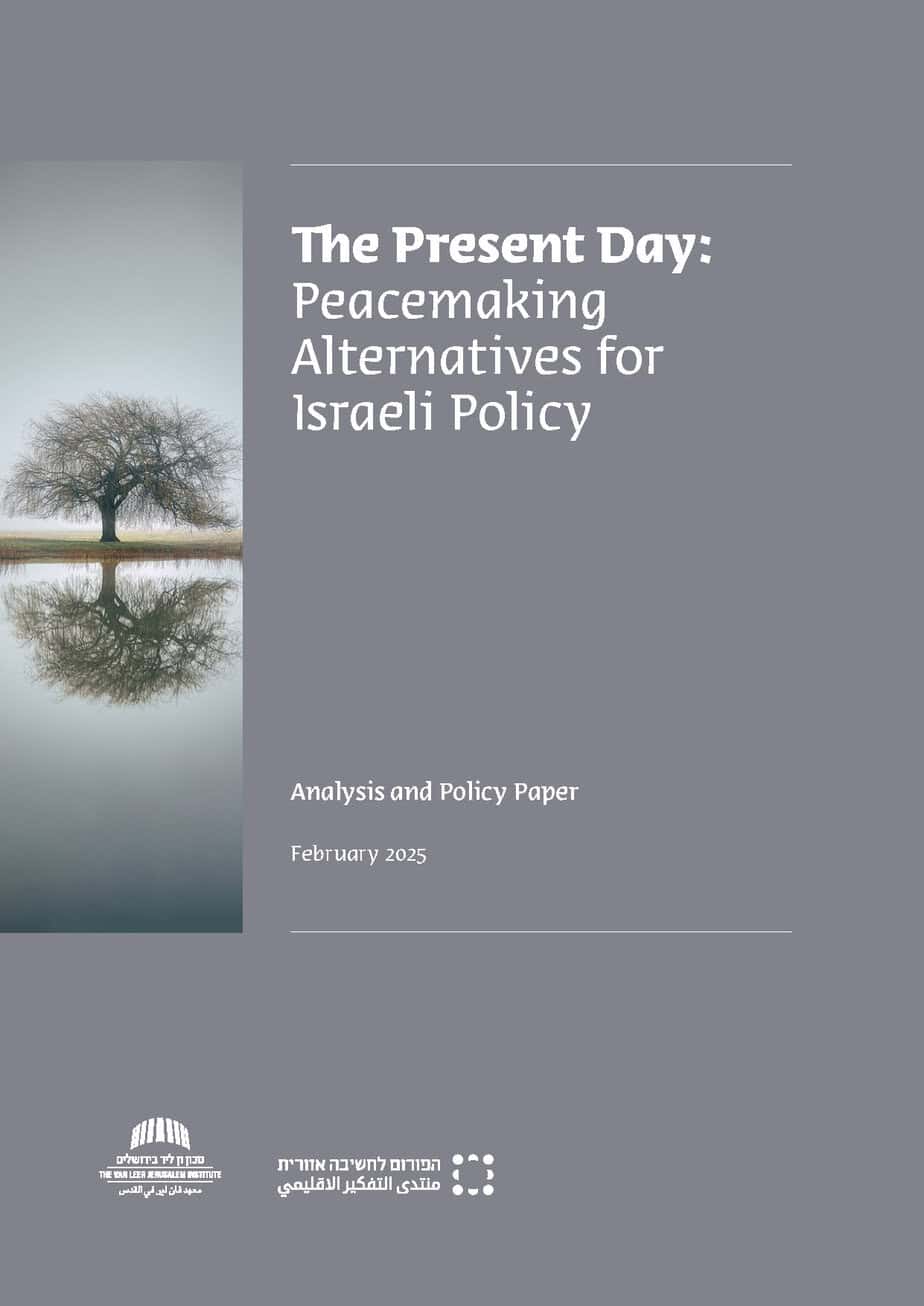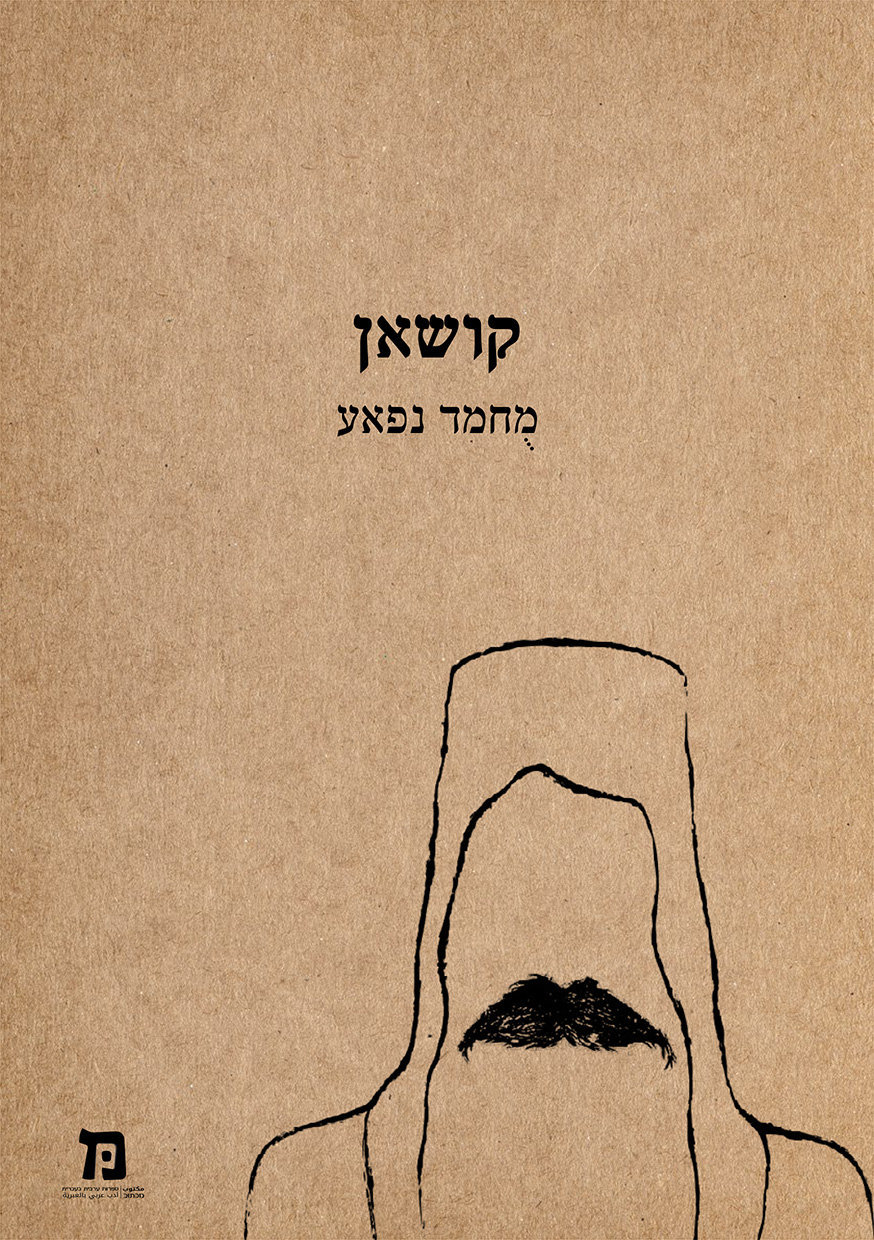Once upon a Time
Folk Tales from Bilad al-Sham
| By | Najla Jraissaty Khoury |
| Translation | From Arabic into Hebrew by the members of the Maktoob Series |
| Publisher | Van Leer Institute Press & Pardes Publishing |
| Language | Hebrew |
| Year of Publication | 2024 |
| Series | Maktoob |
Half a rooster, a nose the length of seven cubits, a girl masquerading as a boy on her way to a duel with The Shah, a king and a vizier wandering through the kingdom dressed as dervishes, monsters on the main road, people turning into animals and plants, water nymphs, giants, ghosts, and whispering devils—all these are but part of the rich trove of characters who appear in the folk tales collected in this anthology.
The sixty-five stories that appear here are a selection from an archive of hundreds of stories collected by the Lebanese writer Najla Jraissaty Khoury during Lebanon’s civil war. The stories were told to her mainly by old women—Lebanese, Syrian, and Palestinian—who carried on the oral tradition of folktales from the Levant (Bilad al-Sham). Some of the stories are local; some were imported from Western traditions and underwent local adaptation.
These stories reveal a great deal of information about the women who told them. They expose their habits, the class structure of their society, their relations with the state, and how they perceive the social order and the natural world. Their plots range from realism to fiction, and from the plausible to what is not in the realm of the possible or the language, and sometimes they are interlaced with nonsensical passages that defy the laws of logic and reason.
As part of his thesis on the retreat of magic and myth from the social world, Max Weber showed how rational systems—of state, bureaucracy, law, and social order—took the place that had been reserved for the supernatural foundations of the world. In their afterword, Prof. Yehouda Shenhav-Shahrabani and Luay Watad propose seeing the folktales as remnants of an ancient era that restore enchantment to the world.
Editors of the Hebrew version: Kifah Abdul Halim and Eyad Barghuthy
Afterword: Luay Watad and Yehouda Shenhav-Shahrabani
Literary editor: Dafna Rosenblit
Copy-editor: Amira Binyamini-Nevo
Cover illustration: Muhammad Khalil




